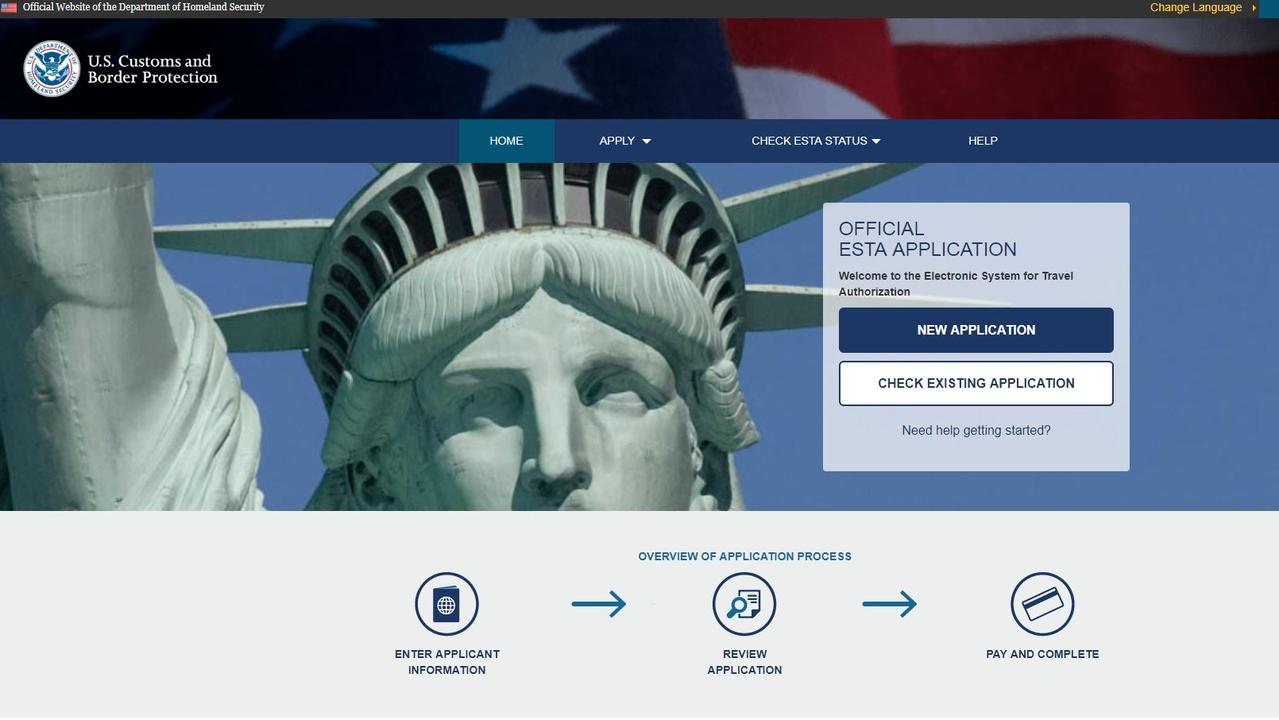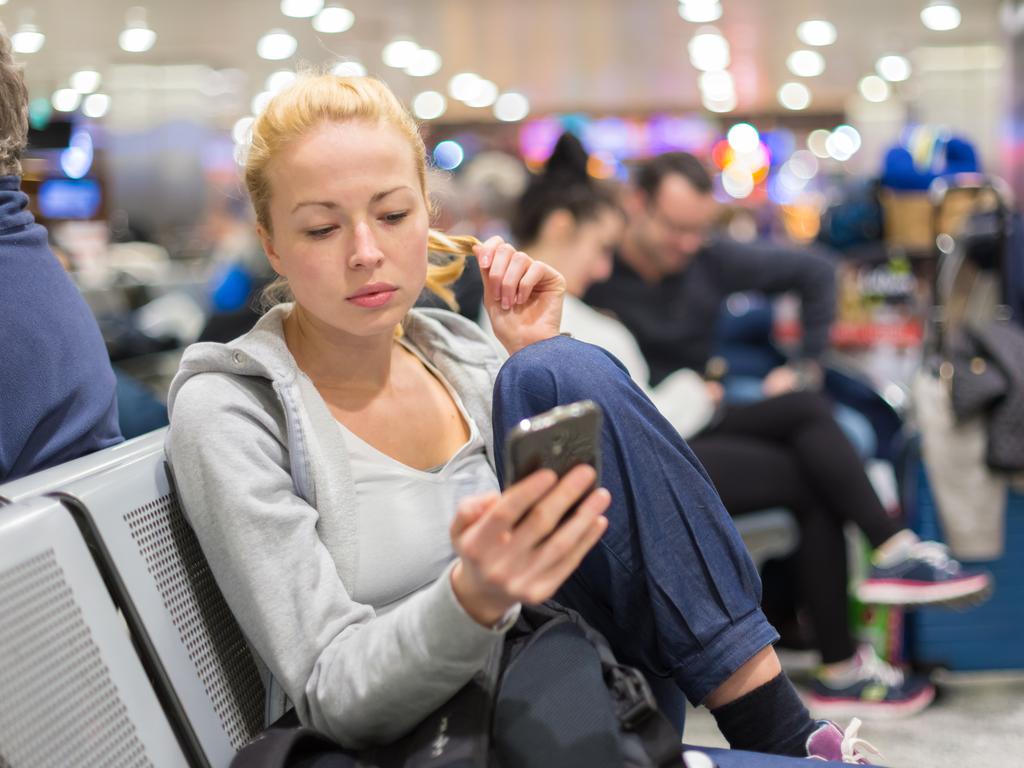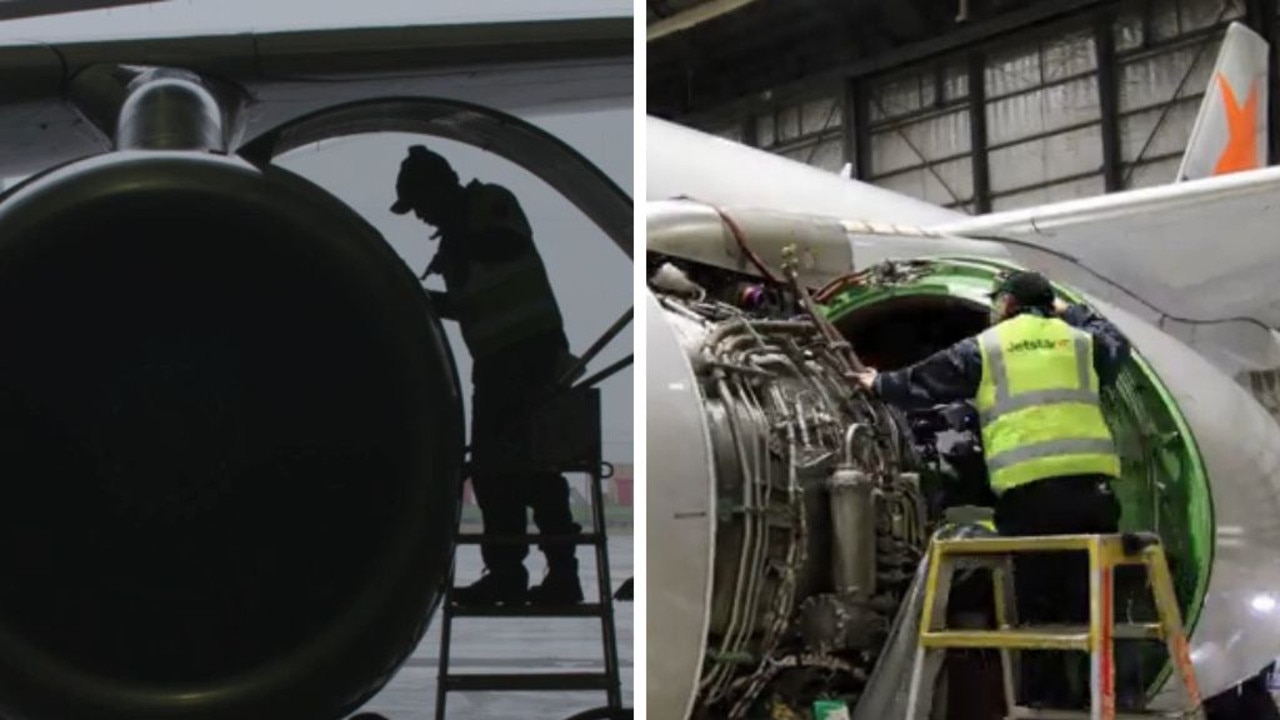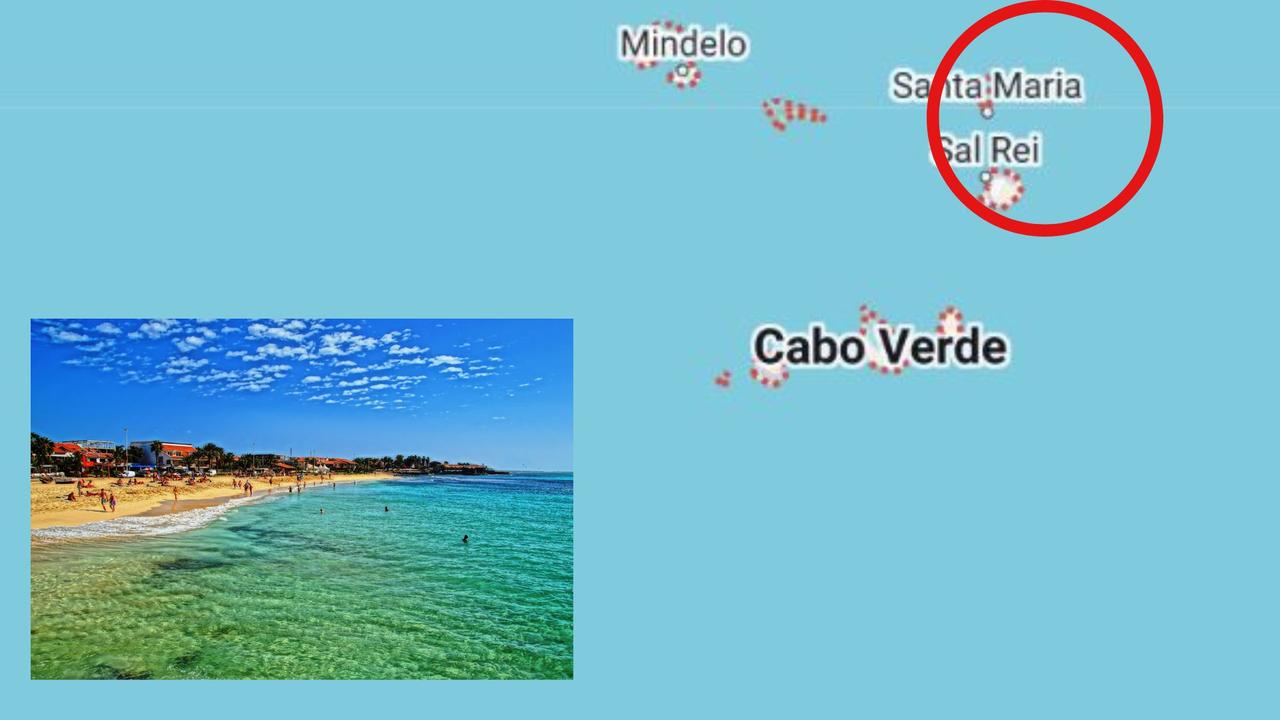Avoid being ripped off by the six new holiday scams putting all travellers at risk
THESE are the scams ripping off thousands of travellers, and what you can do to make sure you’re not the next victim.
HOLIDAY-MAKERS have been warned of new holiday scams they should watch out for as they book their dream break.
With money to spend and relaxation on their minds, holiday-makers can become easy targets for con artists.
UK-based consumer group Which? has detailed the six most common frauds travellers need to be aware of, along with tips on how to avoid getting stung, The Sun reported.
RELATED: How you accidentally make yourself a pickpocket target
So if you’re planning on booking a holiday soon, here’s what the experts say you need to watch out for.
ACCOMMODATION BOOKING SCAMS
The growth in online holiday booking meant fraudsters often needed nothing more than a few fake pictures to lure their victims.
Pretty photographs of holiday rentals that didn’t exist and advertised at seemingly bargain prices were a common method used by scammers.
RELATED: Traveller’s shock at ‘illegal’ Airbnb house
The deals were often advertised on mainstream websites but asked interested parties to get in touch via e-mail, rather than using the site’s own booking system.

Bookers were then sent a link to a convincing payment page, which suggested the payment hadn’t cleared. The victims were then encouraged to make a bank transfer instead.
How to protect yourself: Google the property to see if it shows up on other websites to check its authenticity. You could also use Google Maps and Street View to make sure the property actually exists. And never pay by bank transfer.
DODGY FLIGHT DEALS
Fake airline websites have been used to advertise cut-price deals on long haul flights that left their victims high and dry.
The UK government’s fraud agency has reported a recent surge of scams targeting travellers to Asia, Africa and the Middle East.
In some cases, tickets were bought with stolen credit cards and then sold on to unsuspecting victims, complete with a reference number.
But once the card was reported stolen, the flights were cancelled and victims were left with nothing.
How to protect yourself: Book through trusted, legitimate travel agencies.
DOCUMENT FRAUD
Several websites have emerged in recent years selling fake travel visas and other documents needed to visit foreign countries.
In some cases, the people behind the websites weren’t even doing anything illegal, just reselling documents at a huge premium compared to official channels.
Common examples included websites selling the European Health Insurance Card and US visa (Electronic System for Travel Authorisation, or ESTA) documents.

The sites often appeared to be official but had nothing to do with governments of the countries they claimed to represent.
According to Which?, half of the top 20 search results for “ESTA visa” were unofficial.
How to protect yourself: Follow links to official government websites via the Department of Foreign Affairs website.
WI-FI HACKS
The first thing many travellers did when landing at a foreign airport was try to find a Wi-Fi signal to check messages from home.
But doing so could leave people at risk.
Fraudsters have set up their own free networks in airports and used them to gain free information about anyone who logged on.
As well as browsing habits, some passengers have been tricked into handing over credit card details in a bid to get online.
How to protect yourself: Ask airport staff about the real Wi-Fi connection to make sure it’s legitimate, and be wary of connections that don’t ask for passwords straight away. Also, if you are asked for sensitive information, provide fake details where possible.

‘FREE’ HOLIDAYS
While many scams use the latest online technology to rip off victims, the lure of a free holiday has been used by con artists for decades.
Traditionally, people would be pressured into buying timeshares after accepting a complimentary break.
Today the con has taken on other forms such as scratchcards and other bogus competitions.
Even those lumbered with expensive timeshares through such tricks can be conned by agents offering to sell the packages for an upfront fee.
In one example of the scam, about 500 British holiday-makers in Spain’s Costa del Sol have been scammed of around $27.5 million in the last year alone.
How to protect yourself: It’s best to say no to offers of free holidays and ignore the hard sell.
FAKE TICKETS
Music concerts and popular sporting events are targeted by fraudsters on a regular basis.
But holiday-makers are also falling victim to fake packages to international events and only finding out their tickets are worthless after arriving in the country.

The FIFA World Cup in Russia was one example where dozens of sites offered travel packages including tickets when only ones purchased directly from FIFA were valid.
Often desperation plays a part in the scammers’ success, with events where prices are high and availability is low being particularly lucrative.
How to protect yourself: Only buy tickets from legitimate sites and web pages that start with “https” and have the padlock symbol in the URL bar. And if you’re in the market for second-hand tickets, make sure resale is allowed as some tickets are for the named person only.
“Criminals are finding ever more sophisticated ways to dupe holiday-makers, both in the booking process and when they’re on the holiday itself,” Which? Travel editor Rory Boland said.
“If something seems too good to be true, it almost certainly is. Don’t hand your money over until you can be sure it’s the real deal.”
This article originally appeared on The Sun and has been reproduced here with permission.



